Michelle Grattan, University of CanberraAll workers in residential aged care facilities will be required to have at least a first COVID vaccination by mid-September under a decision at an emergency national cabinet meeting on Monday night.
And in a major move to speed up the lagging rollout, the AstraZeneca vaccine will be available to anyone who wishes to have it.
This effectively makes vaccinations immediately available to the whole adult population.

At present the Pfizer vaccine, which is in limited supply, is administered on health advice to those aged 40 to 59, while the under 40s are not yet being vaccinated.
To encourage the wider take up of AstraZeneca, the government will bring in a new no-fault indemnity scheme for general practitioners who are providing advice on COVID-19 vaccines.
Scott Morrison, addressing a news conference from The Lodge where he is in quarantine, said the medical advice talked about AstraZeneca being preferred for those over 60. This is because of rare blood clots in younger people.
“But the advice does not preclude persons under 60 from getting the AstraZeneca vaccine. And so if you wish to get the AstraZeneca vaccine, then we would encourage you to go and have that discussion with your GP.”
National cabinet met against the threatening backdrop of outbreaks in five jurisdictions and more than 270 active cases nationally. There is particular worry about NSW, where greater Sydney and certain other areas are in lockdown, and now Western Australian premier Mark McGowan has ordered Perth and Peel into lockdown.
Morrison said it was “important to get feedback from all the states and territories on the measures that they’re putting in place and to essentially get everybody on the same page in terms of their understanding of the situation, the impact particularly of the Delta variant.
“The Delta variant is proving to be a far more difficult element of this virus than we have seen to date,” he said.
The mandatory vaccination of residential aged care workers comes after the latest figures show only a third of this workforce has had a jab, and many fewer are fully vaccinated.
The federal government will partner with the states to ensure compliance, and provide $11 million for facilities to give staff time to get vaccinated or deal with side effects.
“We want to make sure that this won’t have a negative impact on available workforce,” Morrison said.
He said this was the third time the mandating for aged care workers had been before national cabinet.
Previously the proposal has run into resistance from the national cabinet’s health advisers, who have worried that compulsion could lead to people leaving the workforce.
But Chief Medical Officer Paul Kelly said the Australian Health Protection Principal Committee had on Monday unanimously supported the decision.
Morrison said there would be a “risk-benefit assessment” in early August.
He said: “This has been a difficult group to get vaccinated, and this is why I have been fairly constant and determined to ensure we got to where we are tonight.
“I would have preferred to have been here a little while ago, but nevertheless, our determination has paid off.”
National cabinet is getting further advice on making vaccination compulsory for disability care workers.
In other decisions, vaccination and testing will be mandatory for all quarantine workers including those involved in the transport of quarantined individuals. Morrison said this would be a state responsibility and there would be no Commonwealth funding program such as with the aged care workers.
This follows an unvaccinated transport worker triggering the Sydney outbreak.
It will also be mandatory for returned travellers and close contacts to get tested two or three days after the travellers finish quarantine.
National cabinet agreed to ensure that international quarantine residents and other high risk people were kept separate from low risk people such as those crossing state borders.![]()
Michelle Grattan, Professorial Fellow, University of Canberra
This article is republished from The Conversation under a Creative Commons license. Read the original article.

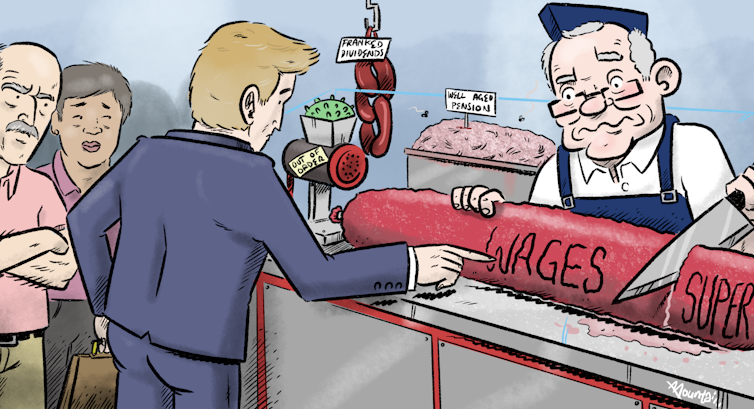
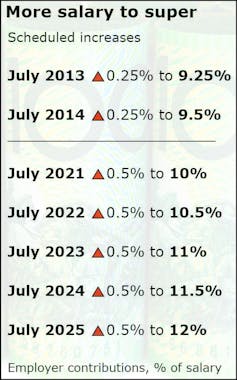
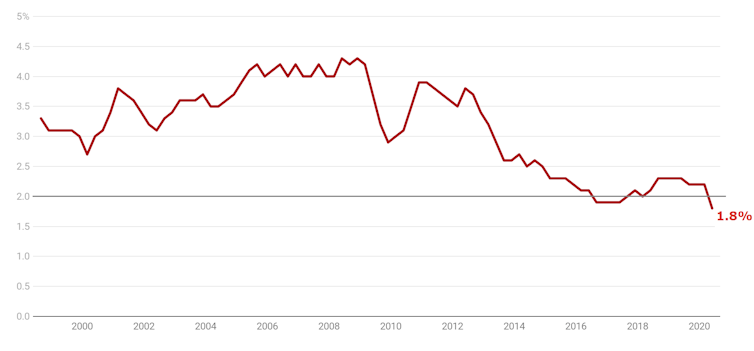
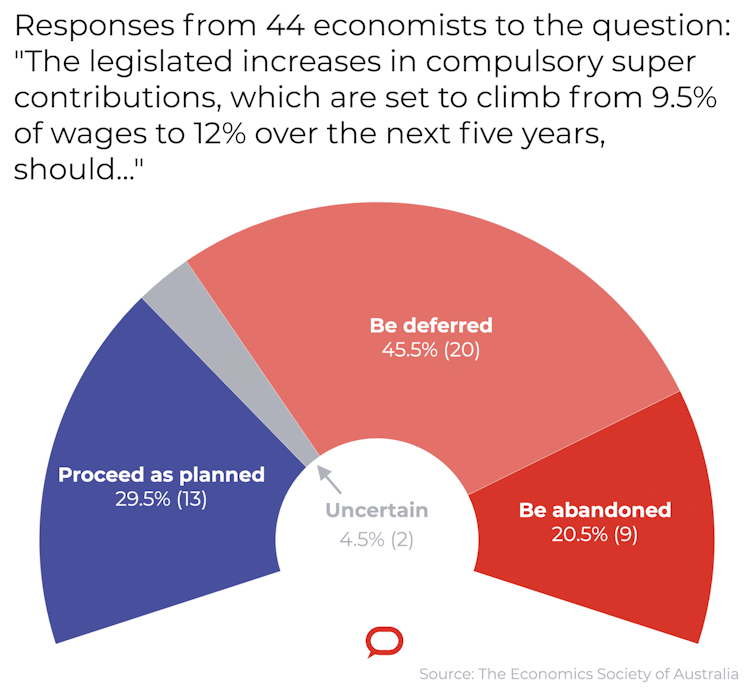
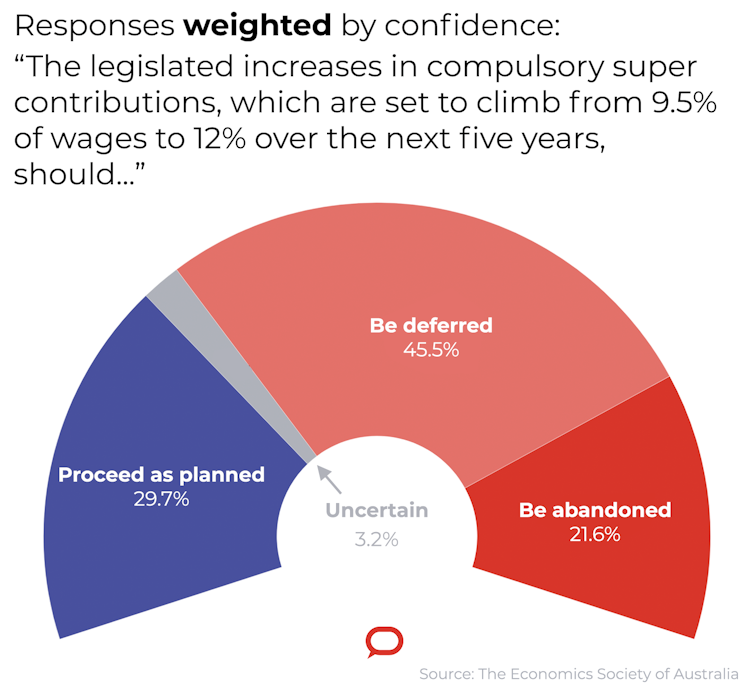
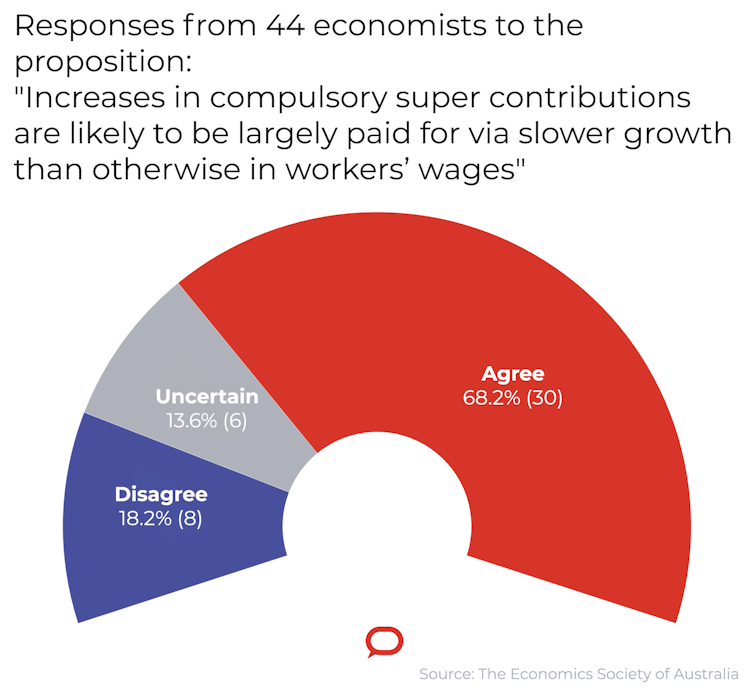
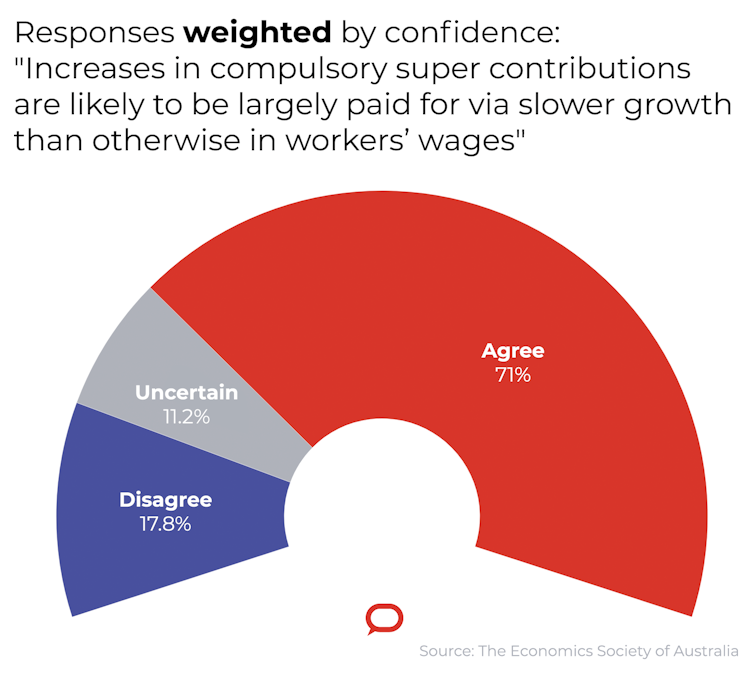

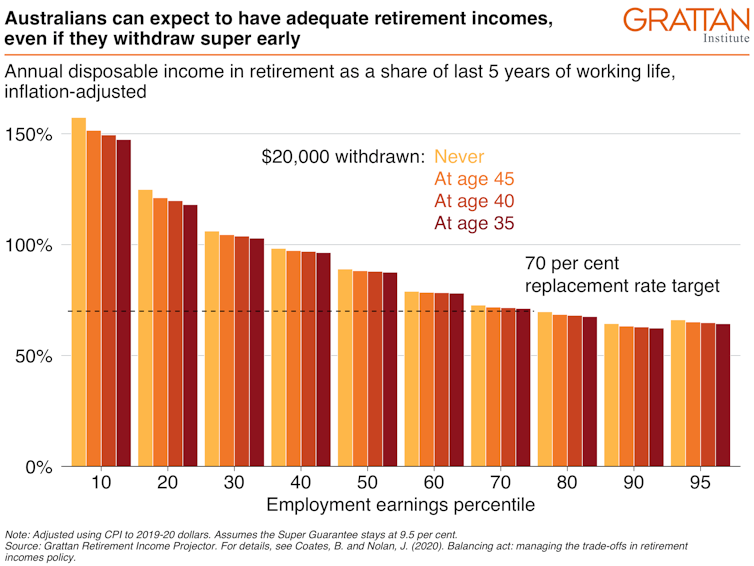

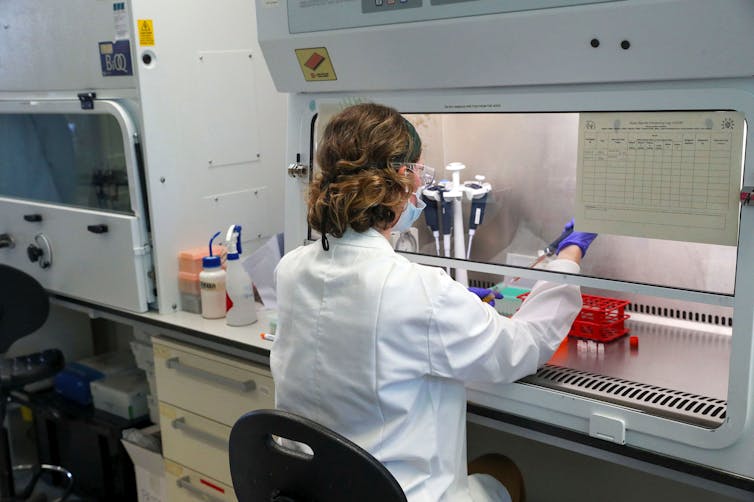

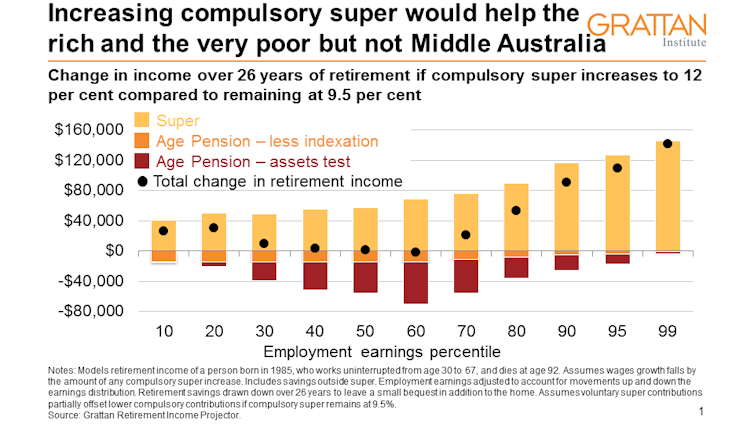
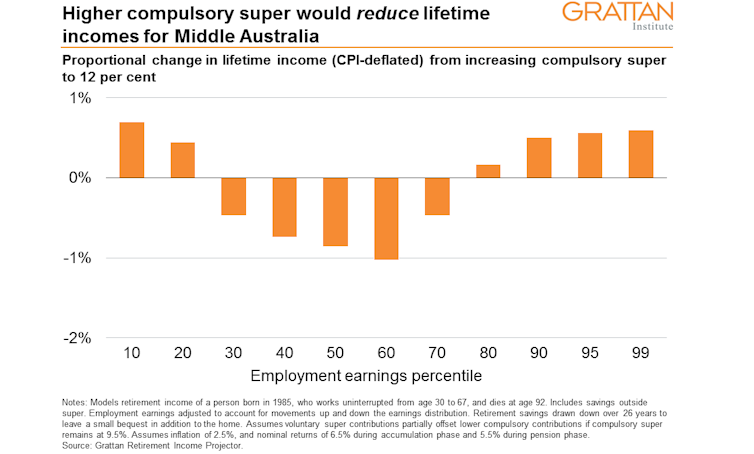
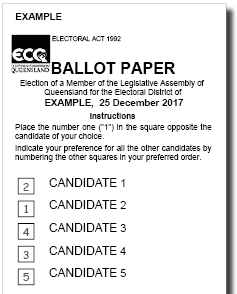
You must be logged in to post a comment.